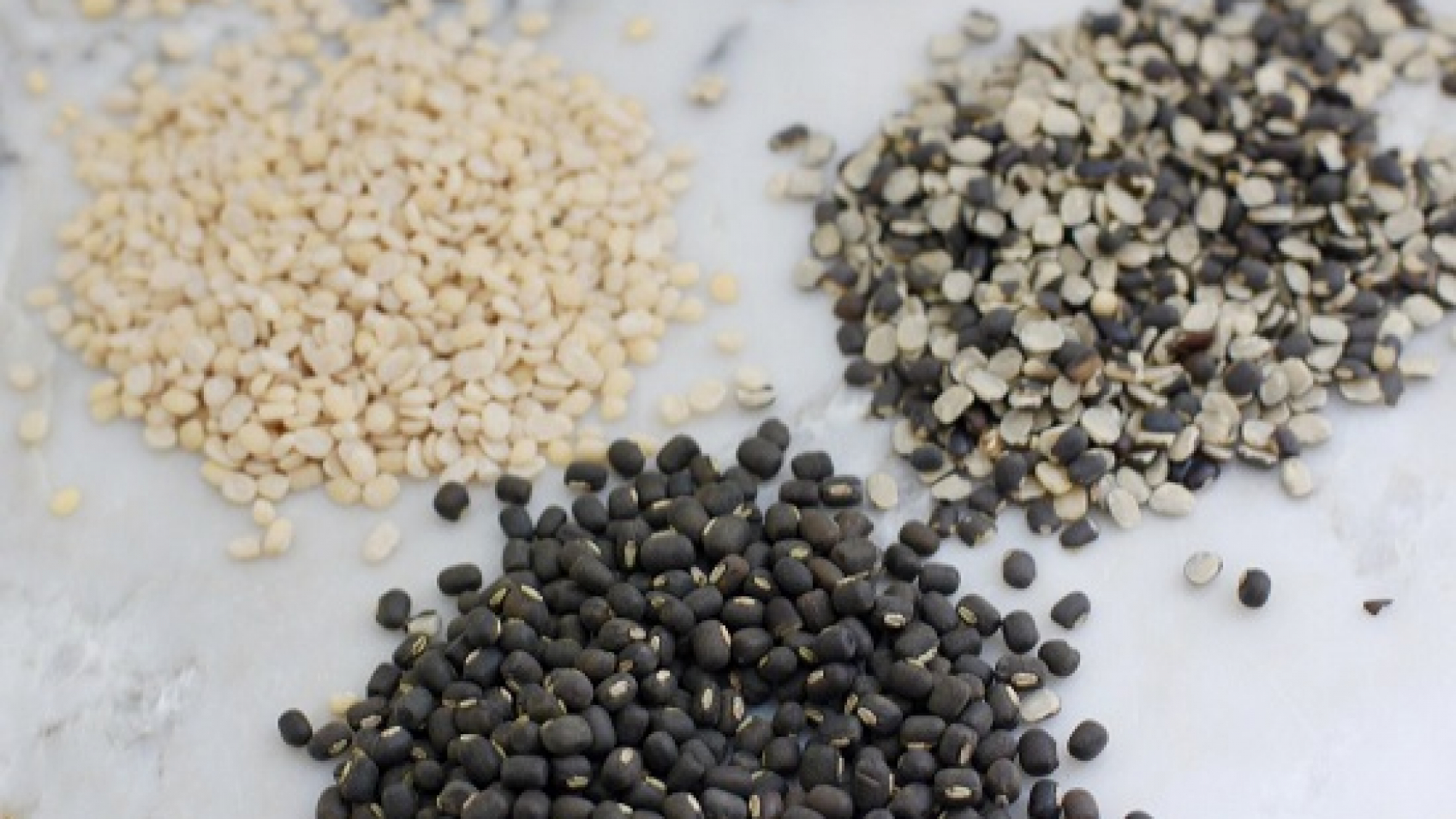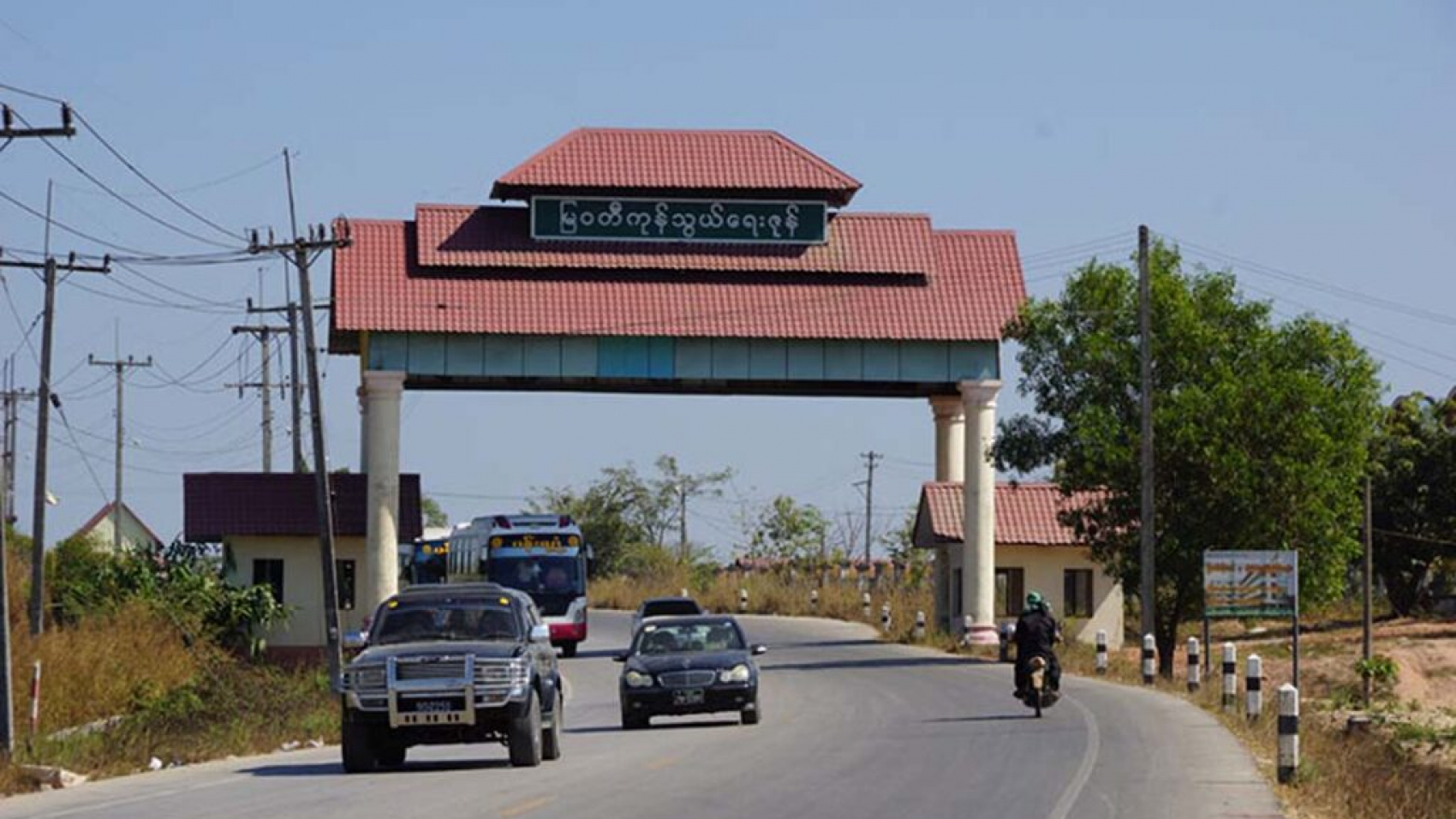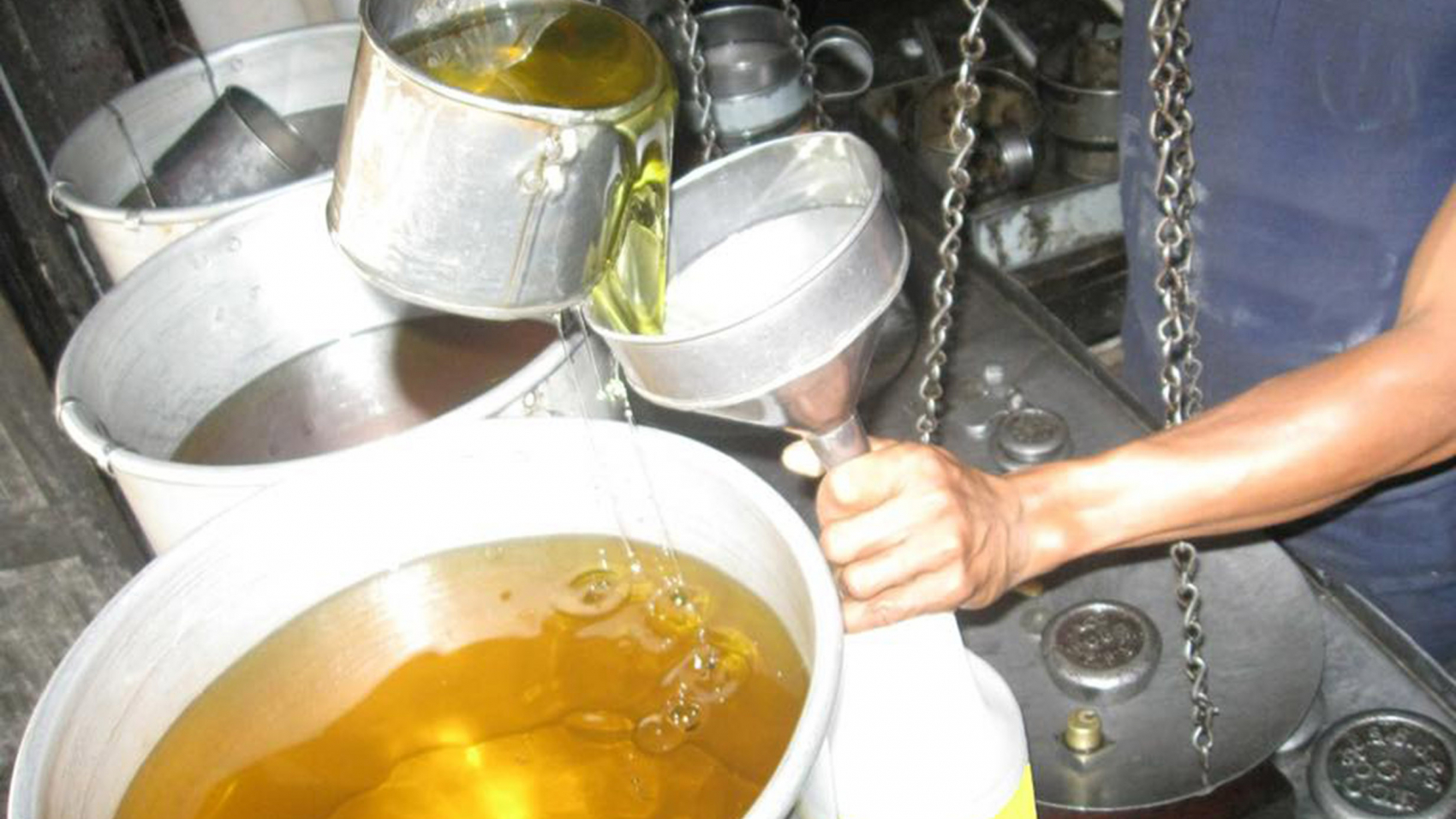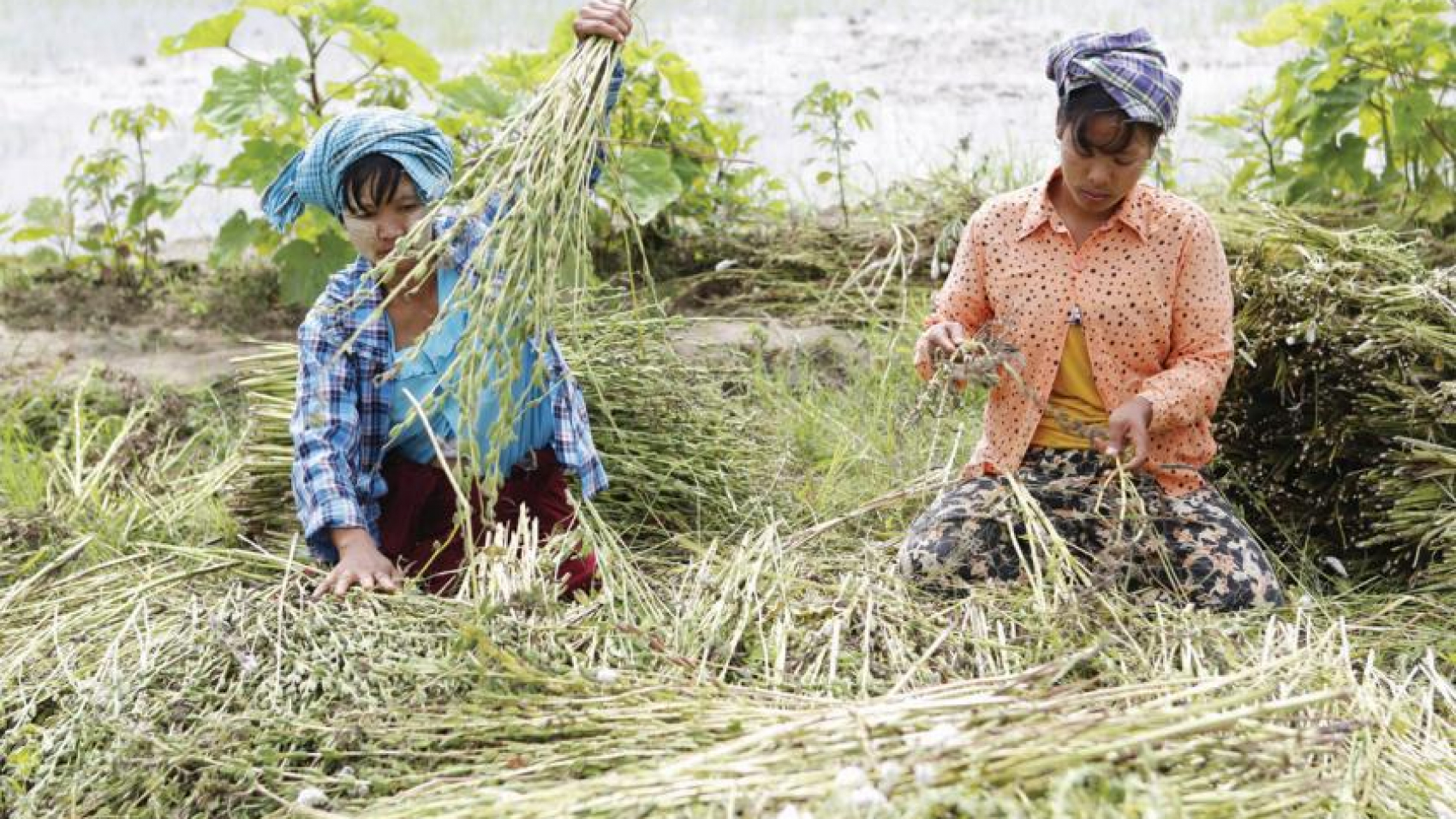Imports of raw materials by CMP (cut-make-pack) businesses rocketed to US$824.379 million between 1 April and 8 July in the current financial year 2022-2023, which reflects a sharp increase of $456 million compared with the year-ago period, according to the Ministry of Commerce.
The figures rose from $368.27 million registered during the-year ago period, the Commerce Ministry’s data indicated. Although some labour-intensive enterprises faced financial hardship amid the COVID-19 negative impacts and the political changes, the industry is now returning to normal after the COVID-19 vaccination programme for workers as per the IHS Markit’s September report.
In a bid to boost factory productivity with a healthy workforce in the garment industry, Mobile Medical Check to garment workers took place in Yangon and Nay Pyi Taw, supported by UNICEF Myanmar. Myanmar’s manufacturing sector is largely concentrated in garments and textiles produced on the Cutting, Making and Packaging basis, and it contributes to the country’s GDP to a certain extent. Myanmar mainly exports CMP garments to markets in Japan and Europe, along with the Republic of Korea, China, and the US.
Source: The Global New Light of Myanmar




